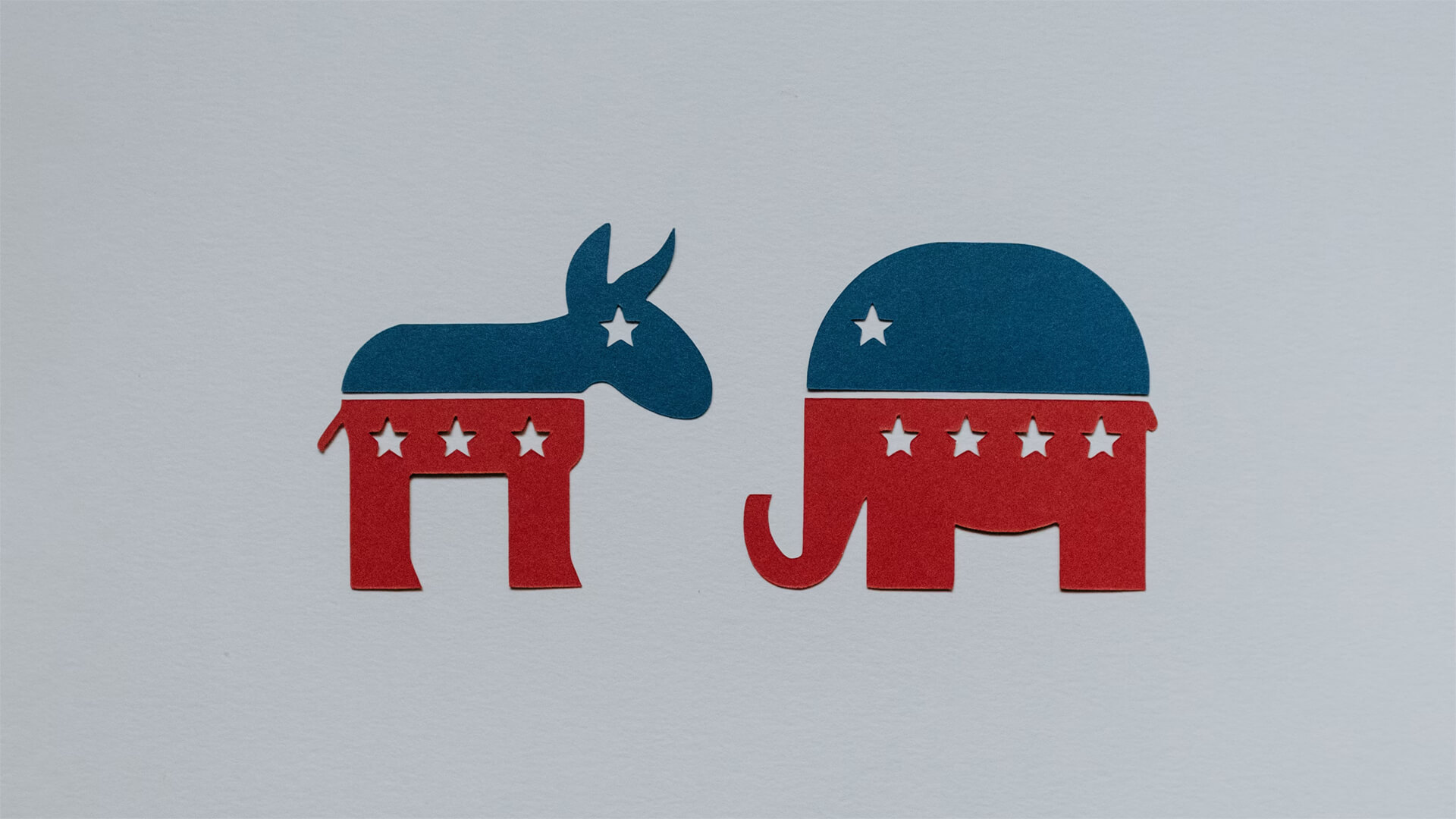After four consecutive presidents adopting a neo-isolationist mentality, the era of bipartisan globalization is coming to an end. So, what will the future of US foreign policy look like?
US foreign policy once sought to prevent any Eastern Hemisphere power from becoming too strong, but all semblance of strategic coherence has gone out the window. This is reminiscent of the pre-WWII era, where each administration adopted a new foreign policy. This is likely leading us down a path where a dollar diplomacy-esque system will return.
Along with all these changes, the US military’s global influence is declining, and foreign policy is in a state of flux. I suspect we’ll see more erratic and reactive policies in the coming years, as the US military is used to play checkers instead of chess. Hopefully all those alliances and infrastructure that have been developed will stick around for future iterations of US foreign policy.
Here at Zeihan on Geopolitics, our chosen charity partner is MedShare. They provide emergency medical services to communities in need, with a very heavy emphasis on locations facing acute crises. Medshare operates right in the thick of it, so we can be sure that every cent of our donation is not simply going directly to where help is needed most, but our donations serve as a force multiplier for a system already in existence.
For those who would like to donate directly to MedShare or to learn more about their efforts, you can click this link.
Transcript
Peter Zeihan here coming to you from the urns. Lord Glacier. Today we are taking a question from the Patreon page. Specifically, what do I think is going to happen with U.S. foreign policy as this age of bipartisan policy comes to an end? The bipartisan policy is loosely referred to as globalization. The alliance structure, the Bretton Woods system.
However you want to put the specifics on it. The idea is the United States has some very core national interests that are involved in the wider world, specifically, if unsaid, making sure that no single power in the Eastern Hemisphere ever becomes powerful enough and united enough across the territory to then float a navy that can challenge the United States.
In the Western Hemisphere, it’s seen as an interventionist system in order to prevent an attack in the long term. And to that end, the U.S. tries to dominate security arrangements in the Eastern Hemisphere and prevent singular large countries from ever forming. This was the basis of the entire Cold War structure, and in bits and pieces. We’ve been moving away from it ever since the Berlin Wall fell.
Now, with the election of four neo isolationist presidents in a row Obama, Trump, Biden, Trump. Again, we’ve largely moved away from that system. And the argument now is what pieces of this should we bring with us into the future and why? And since the Democratic Party basically imploded in the last election, and since Trump kicked the entire national security conservative group out of the Republican Party, the discussions are happening that what I would call a preschool level on both sides.
So have we been here before? Oh my God, yes. If you look at the entirety of American foreign policy from the end of the War of 1812, right up until the Second World War, every time we got a new president, we had a new foreign policy. And because of that, the interests of the coalition that surrounded each incoming president basically made up stuff on the fly.
There was very little institutional knowledge, and what was there tended to be denigrated by the other side. Sound familiar? And so we moved into a system where we had roving military and interventions that matched the political and economic ideologies of the ruling clique at that time, and then four years later, or eight years later, it would change more or less completely.
It generated a foreign policy that was far more interventionist than anything that we had during the Cold War, because there was no agreement across the country as to what the overall broad, reaching strategic goals for the country happened to be. I think the most aggressive period that I can point to, and the one that I think is going to be most accurately reflected in this next phase of the United States is something called dollar diplomacy.
In the aftermath of reconstruction, the United States had finally pulled itself together, but it was an ongoing process to achieve full economic and political integration. During that time, the U.S. largely decommissioned its military, and its foreign policy became a subset of powerful individuals, whether they were driven by ideology, religion, economics, corporate greed, you name it, they would go out and interface with the world.
And when they saw an opportunity or when they got into trouble, they would call their friends in Washington who would then deploy troops or maybe naval forces. And we saw any number of interventions throughout the world, most aggressively in Latin America, but also throughout the entire East Asian rim, participating, for example, in some of the civil wars before the formation of modern China.
That version of events is likely to be where we go now. I wrote about this in The Absolute Superpower to give you a lot of specifics. If you want to dive into it. What has changed in the ten years since I wrote Absent is that the view in the United States of the military has evolved. During the war on terror, the military was generally portrayed as the most positively received arm of government by the citizenry.
But with the rise of Donald Trump, we have seen the new conservative coalition that is the Republican Party pushed that entire wing out of power. And so now, as a rule, the further to the right you are on the American political spectrum, the more hostile you are to the US military, which is one of the reasons that the Donald Trump administration is in the process of nominating a guy to run the Defense Department who has minimal defense experience, and he’s just designed to go in there and rip up woke policies, which is not a great national security strategy.
But it doesn’t mean that the Democrats are much better. Yes, Joe Biden used the military as an arm of the US government. He’s much more trusting of government power than Donald Trump is. But there was no recalibration of strategy from the Biden administration, aside from supporting Ukraine in the broader conflict with the Russians, which I happen to think is a great idea, because it’s definitely the cheap way to fight someone who points nuclear weapons at you.
But that’s not a normal alliance structure. That’s not a grand strategy. And it is difficult for me to see, with the evolution on both sides of the American political aisle, us coming up with anyone anytime soon, because the people who have the skills and the knowledge in this, the folks who are in the military, the national security community, the intelligence community, they are now completely on the outside.
And we’re probably going to have to start this over from scratch. I just hope that unlike the last eight times we did this, we don’t decommission the military before we then start the work. Hopefully some of the work we’ve done in the past 80 years will still be relevant, along with the personnel, the equipment, the alliances and the bases that are necessary to implement whatever we come up with next.
But between now and then, expect a lot more erratic and kinetic American foreign policy as the military becomes the tool of the moment rather than the tool of strategy.









